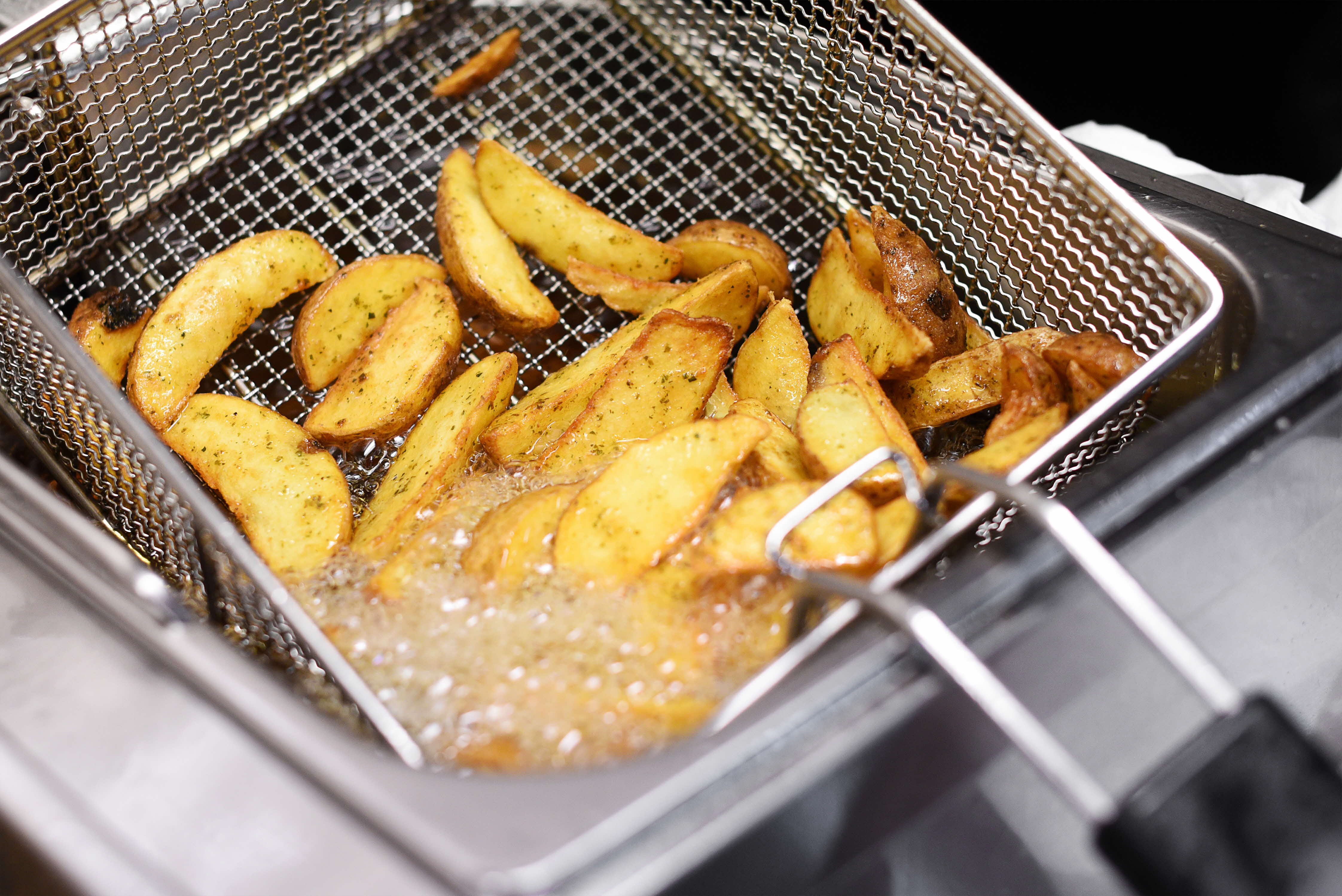Summary:
|
Singapore’s food landscape is undergoing a quiet transformation. Since its launch in 2023, the FTTRP by the Singapore Food Agency (SFA) has steadily grown, bringing local farms and food establishments closer together. Today, over 100 hotels, restaurants and caterers have joined the programme, championing the use of fresh, locally sourced ingredients while playing a crucial role in strengthening Singapore’s food resilience.
Farm-to-Table logo at a restaurant
FTTRP’s growing footprint
The initiative, which started with a focus
on vegetables, fish, hen eggs, and beansprouts, has now expanded to include
mushrooms and quail eggs, reflecting the programme’s growth and the increasing
diversity of local produce.
Some of the more recognisable names in
Singapore’s food and beverage scene, including PARKROYAL COLLECTION Pickering, Gardenasia,
and Chilli Api Catering, are part of the FTTRP. They embrace local produce to
craft fresher, high-quality meals for their customers.
A plate of Fish and Chips by Gardenesia
Catering businesses recognised under the FTTRP received additional points when bidding for government catering contracts, creating an incentive for food businesses to source locally.
Chef Alvin Leong on why PARKROYAL COLLECTION Pickering joined FTTRP For Alvin Leong, executive chef at PARKROYAL COLLECTION Pickering, joining the FTTRP was a natural step towards serving fresher, higher-quality dishes while supporting Singapore’s local farms. “You can really differentiate the flavour.
They are just harvested fresh, daily (and) sent to your doorstep,” he says.
Besides being fresher and more flavourful, sourcing from local farms also
“helps us to reduce carbon footprint (and) it helps us to be more sustainable,”
he adds. Chef Alvin recalls how a visit from a local
mushroom farm changed his perspective. “The flavour of the mushroom is really
intense,” he explained. “That’s why I
chose (to include) this into our menu.” Watch this to find out
how Chef Alvin uses local produce at PARKROYAL COLLECTION Pickering! Original video by Mothership.sg |
Why FTTRP matters: strengthening our food
system
As a country that imports more than 90 per
cent of our food, local production serves as a buffer during overseas food
supply disruptions. By supporting the FTTRP, we help local farms strengthen
their ability to contribute to Singapore’s food security. The programme also
benefits businesses and consumers alike:
- For businesses: Access fresher, often pesticide-free ingredients with lower transport miles, which can be used to promote the establishment.
- For consumers: Enjoy fresher sustainable produce, support local farmers and contribute to Singapore’s food security.
- For farms: Enjoy fresher sustainable produce, support local farmers and contribute to Singapore’s food security.
High-tech farming facility in Singapore
SFA’s Cindy Chang on the value
attributes of the FTTRP Ms Cindy Chang, SFA’s Assistant Director for Industry Development and Community Partnerships, acknowledges that cost is often the first concern raised by businesses. “Local produce may sometimes be priced
higher because of the higher production costs in Singapore,” she explains. “But
when you look at the bigger picture — fresher ingredients that last longer, a
smaller carbon footprint, and the assurance of supporting Singapore’s food
resilience — it’s a worthwhile investment.” Ms Chang points out that FTTRP was designed
with flexibility in mind. “We understand that businesses can’t overhaul their
procurement strategies overnight,” she says. “That’s why FTTRP allows them to
start small. As long as they source a minimum of 15 per cent of their
ingredients locally in one of the six food categories, they can qualify for the
programme.” For businesses wondering how to balance
costs, Ms Chang offers several practical approaches. “One effective strategy is
menu engineering,” she says. “Restaurants can feature local produce in
signature dishes, where freshness and quality are most noticeable.” Ms Chang also emphasises the marketing
value of local sourcing. “Customers increasingly want to know where their food
comes from. Being transparent about sourcing, highlighting the freshness and
sustainability of local produce, and sharing the stories of the farmers behind
the food — that creates a connection,” she says. “It helps justify the value of
what’s on the plate.” For Ms Chang, it’s not just about supporting local farmers today, but about strengthening Singapore’s food security for the future. “Every business that comes on board FTTRP makes a difference,” she adds. “Together, we’re building a more resilient and sustainable food system.” |
A small choice with a big impact
Singapore’s food security is a shared
responsibility, and every stakeholder –- from farmers to industry to customers –-
has a role to play.
Are you a food business looking to join the
movement? Or a diner keen to make a difference? Support FTTRP-recognised restaurants
and caterers and be part of the solution.
Find out where to dine and learn
more about FTTRP.
Together, we can build a stronger, more
food-secure Singapore –- one meal at a time!



